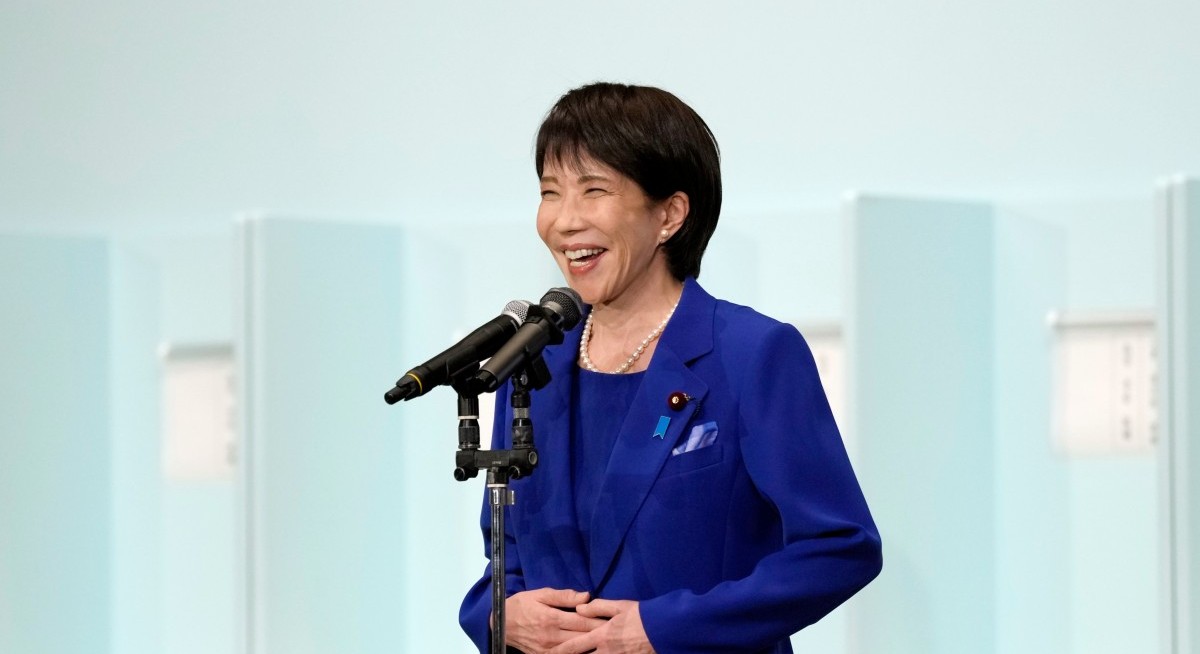“She consistently gives the impression of having a strong awareness of the issues surrounding corporate cash utilisation,” Uchiyama said.
The Financial Services Agency is considering requiring each company to assess their current resource allocation and state whether they are effectively utilising cash for investments.
Takaichi’s views align with the FSA’s policy proposals, and this could see increased pressure for reforms from activist shareholders, potentially bringing cash-rich companies back into focus as an investment theme, Uchiyama said.
Kazuya Nakagawa, head of ESG team at Nomura Securities, said that since Takaichi is fundamentally aligned with the Abe administration’s policies, she will thoroughly advance the review of the corporate governance code, including the verification of cash and deposits.
See also: Japanese investors stay wary Takaichi will spur another bond crash
Japanese companies’ cash holdings have long been criticised by foreign investors as excessive. While shareholder returns increased following requests from the Tokyo Stock Exchange in 2023 to improve price-to-book ratios, a gap in perception remains between companies and investors regarding cash levels.
67% of Japanese firms view their cash levels as appropriate, while 82% of investors consider them ample, according to a survey by the Life Insurance Association of Japan.
If companies clarify their capital allocation policies and expand growth investments alongside shareholder returns, “this would be a positive factor for Japanese stocks over the medium to long term”, said Nomura’s Nakagawa.
See also: Japan’s biggest nuclear plant restarts second time after hiccup
The issues in focus now are how companies decide core and non-core businesses, the appropriate levels of new investments and how they exit non-core segments, according to Zuhair Khan, senior portfolio manager at UBP Investments. “Paying out higher dividends or doing share-buybacks is something to be decided after the above decisions are made. So far, I believe most companies have not yet properly addressed these more important fundamental questions,” he said.
Japanese companies that can be seen as cash-rich include pharmaceutical company Shionogi & Co., bicycle manufacturer Shimano, and gaming firm Square Enix Holdings, according to Okasan’s screening.




